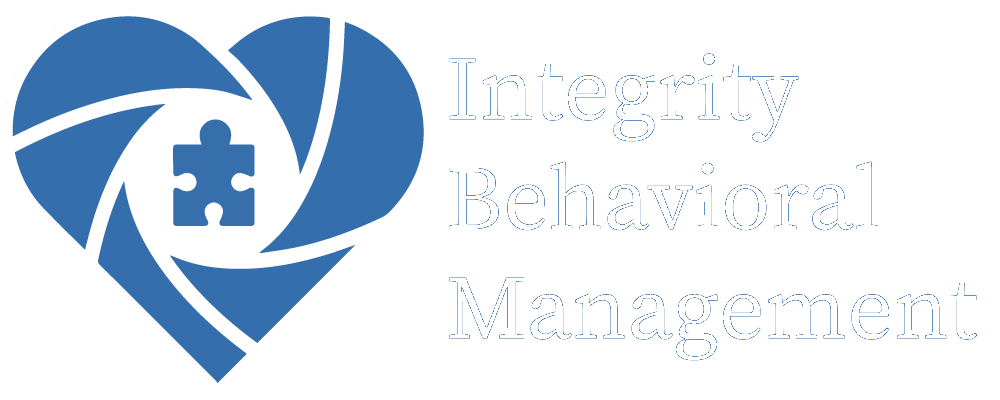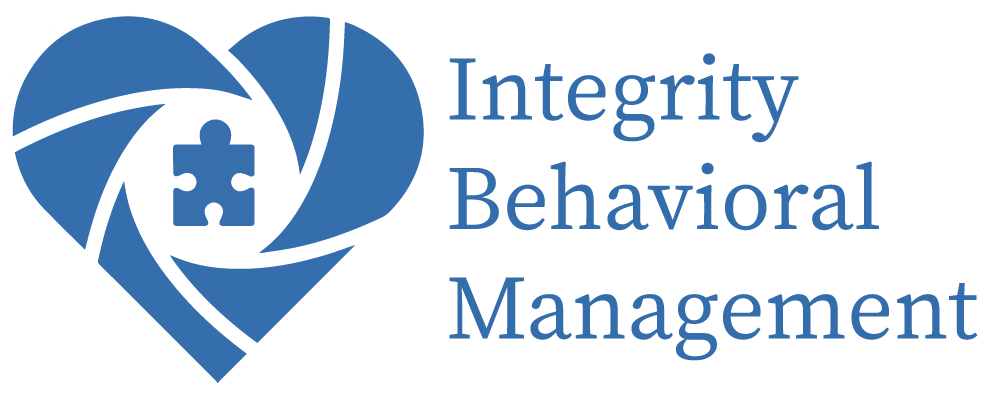When it comes to addiction recovery, two common treatment options are residential and inpatient programs. Although these terms are frequently used interchangeably, they actually refer to distinct approaches with unique characteristics and benefits.
This article will go through the nuances of residential and inpatient treatment, highlighting their respective strengths and helping readers determine which option might be most suitable for their specific needs on the journey towards recovery.
Understanding the Differences
Inpatient treatment is hospital-based, offering 24/7 medical supervision and acute stabilization for severe addiction cases. It’s a short-term option, typically lasting a few days to a few weeks, and focuses on managing withdrawal symptoms and addressing urgent medical needs.
In contrast, residential treatment provides a more home-like setting, emphasizing long-term recovery and the development of essential life skills. These programs usually span 30 days to over a year, allowing individuals to build a strong foundation for lasting sobriety.
Residential treatment incorporates structured routines, therapeutic activities, and community support to foster personal growth and recovery.
You can learn more about how our residential program in New Orleans offers tailored support to help individuals overcome substance use disorders and build the necessary recovery skills for a healthier future here: https://integritybehavioralmanagement.com/residential-rehab-new-orleans/
Treatment Environments
Inpatient care takes place in a hospital setting, offering intensive medical and psychiatric support with round-the-clock supervision for acute conditions and emergency detoxification. The highly structured environment and constant presence of medical staff ensure patient safety and stability during the critical early stages of recovery.
In contrast, residential programs provide a less clinical atmosphere, often featuring home-like accommodations that foster a sense of community and belonging. These programs focus on long-term recovery through structured routines, skill-building activities, and ongoing recovery support.
While still prioritizing patient well-being, residential treatment allows for a more relaxed and therapeutic environment that encourages personal growth and development.
Level of Medical Support
Inpatient care provides the highest degree of medical supervision, with 24/7 access to healthcare professionals in a hospital setting. This intensive level of care is essential if you’re experiencing severe addiction symptoms or require detoxification.
In contrast, residential treatment offers a more relaxed environment with regular check-ins from medical staff but not constant monitoring.
The choice between inpatient and residential treatment depends on your individual needs and the severity of your addiction. If you require immediate medical interventions and crisis management, inpatient care is the most appropriate option.
However, if you’ve achieved some stability and are ready for a supportive living environment that focuses on ongoing recovery and skill-building, residential treatment may be the right choice.
Check out the various types of inpatient treatment and determine which one best suits your needs.

Ideal Candidates
If you’re struggling with severe addiction symptoms or acute medical issues that demand round-the-clock medical supervision and stabilization, inpatient programs are likely the best fit for your needs. On top of that, if you have co-occurring mental health disorders, you may benefit from the intensive support provided in an inpatient setting, where both your addiction and psychiatric needs can be addressed simultaneously.
On the other hand, if you’ve completed an inpatient program or your addiction is less severe, residential rehab may be more suitable. This option is ideal if you need a structured environment to develop life skills for recovery but don’t require constant medical monitoring.
If you have strong support systems at home and are stable enough to engage in recovery without 24/7 medical supervision, consider residential treatment. Keep in mind that residential programs often last 30 days or longer, providing extended support in a therapeutic environment to help you build a solid foundation for long-term recovery.
Transition and Aftercare
As you progress in your recovery journey, you may transition from inpatient to residential treatment once your symptoms stabilize, allowing you to continue healing in a supportive environment with less intensive medical oversight. Residential programs typically last 30 days or more, providing ongoing support as you develop coping skills and prepare for reintegration into daily life.
Aftercare planning is a crucial aspect of your transition, outlining the steps and resources needed for continued recovery, such as outpatient services and support group participation. Continuous support post-treatment can significantly reduce your risk of relapse, emphasizing the importance of tapping into community resources and building a strong support network.
Successful transitions often involve regular assessments to tailor your aftercare plan based on your progress and needs, ensuring that you receive the appropriate level of care throughout your recovery journey.
Find out what are the steps one should take when transitioning from residential to an intensive outpatient program.
Final Thoughts from Integrity Behavioral Management
While each approach has its merits, the choice between them ultimately depends on individual needs, the severity of the addiction, and personal circumstances.
By choosing a residential program like ours, individuals gain access to round-the-clock support, structured daily routines, and a range of therapeutic interventions designed to address not only substance abuse but also underlying mental health issues. Our team of experienced professionals is committed to guiding clients through every step of their recovery, from detoxification to aftercare planning.





